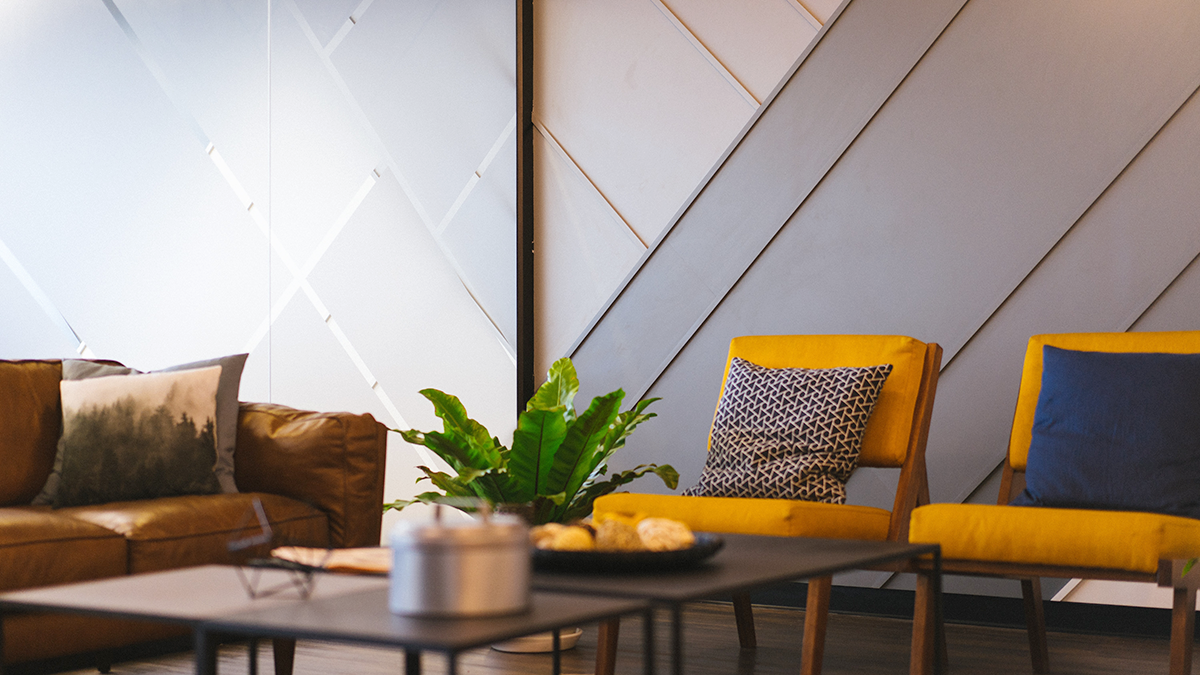Last evening a new newly referred client asked when he could see me face to face in my office. He really wanted to be seen in person for his first session. I empathize with this wish because a few short months ago, I would have felt the same. But now there are multiple issues and concerns that I have to consider. Mental health professionals must make risk analyses and decisions based on factors regarding the health and safety for their clients, their colleagues and themselves. There are a many variables in a psychotherapy office that are not necessarily organic, as there are different practitioners, client subsets, and often limited budgets available for overhead. Given the uncertainty of these issues, I told him that to be honest, I do not yet have a clear timetable for returning to the office for my practice. I have yet to establish exactly when I can see my current or new clients back in the office as I am now seeing everyone through tele-health. I replied that my return to the office would really depend on the comfort and safety of both my clients and myself, and that at this point I could not ensure this.
My lack of eagerness to return to my office, surprises even me. The building and the neighborhood have always been great for my clients' and my own purposes. The building is a pristine Medical Plaza. The office is in a comfortable suite with an ocean view, in a serene neighborhood, with good parking and upscale shops and restaurants. What's not to like? Additionally, the building's Property Managers have worked very hard in their attempt to continually safeguard and sanitize the building and all the common areas. Many of the dentists in the building have no doubt returned to work. However, those in the medical and dental professions have experience dealing with infection control, unlike most psychotherapists. And with the health and safety issues, emotional comfort and liability concerns, I still have concerns, and am not ready yet. As of this writing, most if not almost all my colleagues are providing tele-health services to their clients. Some therapists I know, primarily those with month to month leases, have actually given up their offices, and are planning to continue working from home for the foreseeable future. Other colleagues have elected to provide tele-health by holding sessions from their offices remotely, in order to provide a calm and peaceful work environment for themselves...away from family and privacy concerns.
Even with social distancing, mask wearing, office sanitizing (including common areas), I am not confident that most of us can provide an acceptably safe and secure office-setting for our clients and ourselves. I am still unsure and uncertain.
Issues to consider include:
1. The building, parking, elevator and common areas are still unknown entities for, coordinated safety practices. Therapist's typically take up one office in a suite. There is minimal oversight of entire suites and a lack of centralized disinfection throughout the day.
2. Social distancing in the waiting room and office could be problematic given space and distance, since many of our offices are relatively small spaces, with a lack of open air ventilation. We also do not often have staff to receive texts from clients when they arrive and tell them when to come to the suite, to avoid traffic in the waiting room. Once they arrive, should we take our client's temperature and perform a health screening before they come to each appointment?
3.Therapists and clients wearing face masks could reduce the sense of intimacy and connection in therapy sessions.
4. Wiping down furniture in the office could be difficult, especially given many areas have upholstered sofas, throw pillows and floor time on the carpet with our youngest clients.
5. Ensuring the safety of clients who may be at risk for COVID19, since therapists serve diverse client populations, and we do not normally screen for or know all the risk factors our clients may possess.
So at this time, given that all of the therapists in my suite and my consultation groups are continuing to practice solely tele-health services...I am going to wait. I can continue to provide professional, ethical and helpful treatment via tele-health to adults, adolescents and to children. With a bit of creativity and ingenuity I have even found inventive and engaging strategies for working with the younger children in my practice.
I believe in safety first with my clients. I'm just going to wait.

